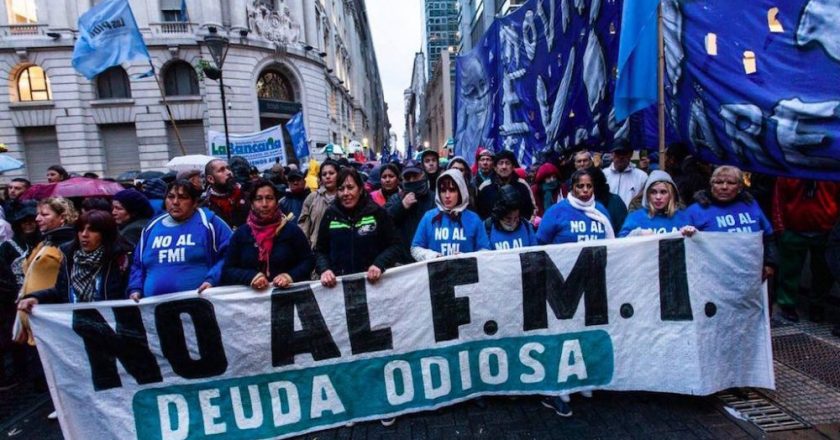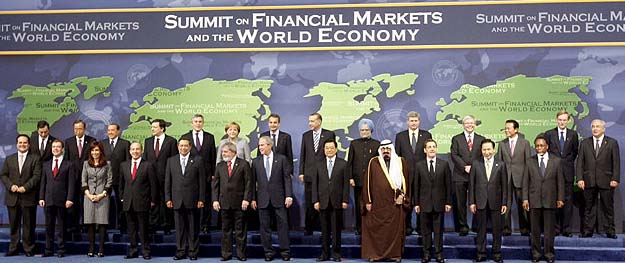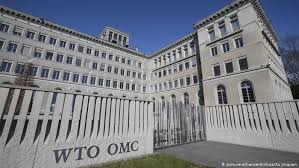The global economic order: challenges for greater democratization
The current global economic order was structured after the end of World War II. At that time, important international organizations were created that last until today.. It is important to understand their role because they end up impacting countries. Among the leading organizations, the International Monetary Fund (IMF) is one of the most impactful in Latin America.
The role of the IMF
The International Monetary Fund (IMF) is an international organization created in 1944, with the aim of promoting international monetary cooperation, facilitate international trade, promote exchange rate stability and help member countries in situations of economic crisis.
The IMF's main role is to provide loans and technical assistance to help member countries overcome crises. ...



